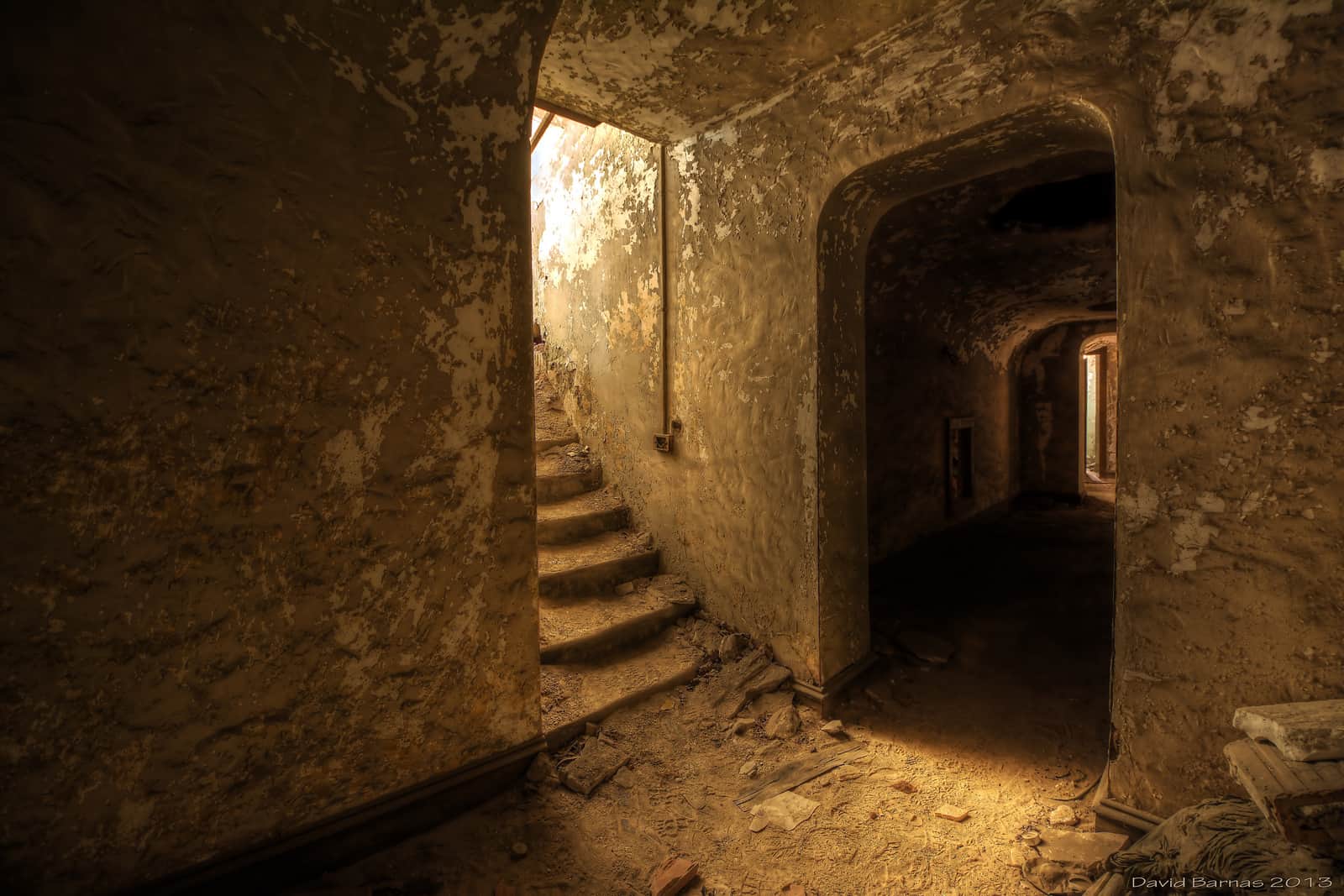 My friend, Jon Kraft, the founding CEO of Pandora, asked me to write an essay about a childhood extracurricular activity as part of the launch of his new startup, Thrively, which helps children from all backgrounds discover and pursue their passions in life. With Jon’s permission, we’re republishing the essay.
My friend, Jon Kraft, the founding CEO of Pandora, asked me to write an essay about a childhood extracurricular activity as part of the launch of his new startup, Thrively, which helps children from all backgrounds discover and pursue their passions in life. With Jon’s permission, we’re republishing the essay.
For years, my extracurricular activity was David Perteet: speed-chess champion, dungeonmaster, nutmeg-artist.
We became friends when Dave was 14. My twin brother and I were 11. His house, two doors down from ours, was more like a lair, filled with H. P. Lovecraft books, Star Wars figurines, home-made monster masks, videotaped slasher movies.
It was in Dave’s house that my twin brother and I led our paladins and monks through Dungeons & Dragons campaigns with names no one could forget: The Tomb of Horrors, Queen of the Demonweb Pits, Hall of the Fire Giant King, Expedition to the Barrier Peaks.
As the dungeonmaster, Dave described every scene, playing the part of the monsters we faced. Hunched behind propped-up maps and monster manuals, he worked a small piece of clay in the lulls, which he would abruptly plop down before us as a perfectly formed lich. Monsters that were sophisticated and derisive at first became pitiable in the end. Others were bafflingly, implacably sadistic. They were all evil so we could be good, and their deaths were deeply satisfying.
When, after many years of play, our characters died — Dave had begun to describe how our corpses were being eaten and picked over for treasure and then he stopped short, because we could not see to see — we felt the first moment of solemnity I can remember. I realized then that death isn’t just painful; it means you don’t get to find out what happens next, who will win the World Series or the next election. Nothing had been so permanent before.
From the safety of college, all this came to seem silly. When I visited Dave in LA he had become a special-effects artist, living in a house filled with like-minded friends. We played badminton and watched a James-Bond movie marathon, but at night we hiked through an abandoned Nazi compound and then went to his garage, which was filled with moldings recovered from the movie “Aliens.” Standing next to one, I barely felt a tickle of fear until he slipped back into his house, turned off the lights, and slammed the door shut.
Some of Dave’s authority was physical. His backyard from our childhood was sloped, with a ribbon of grass that narrowed and widened according to the encroachment of Douglas firs on one side and his deck on the other. In the wet piney gloom of Seattle fall evenings, he played me and my brother in 2-on-1 soccer, passing the ball to himself off the side of the deck. He never lost, but his true goal was to kick the ball through our legs, calling out “Nutmeg” as he did. He laughed when he did this, like one of the monsters we would later vanquish, but we laughed too.
This wasn’t the only way I learned how to lose from Dave, who also introduced me to chess — not as an antique game you played with your dad, but as a tournament sport — where a loss is an utterly chanceless two-hour asphyxiation by a superior intellect. I learned the almost physical trade of speed-chess, knocking pieces and banging the timing clocks in a 50-move, five-minute free-for-all.
I became president of the high-school chess team after Dave left for college, inserting my name into the school bulletin as a contact for new players, which opened me to more scorn than I could have imagined in our years with Dave. The team soon collapsed.
Once Dave was gone – we had talked every day, then barely spoke again — all the terrors my brother and I had rehearsed in his backyard became real. That year, our mother battled cancer nearly to the death and our doting father, deeply in love with her, almost forgot about us. We got interested in girls and realized they weren’t interested in us. Our older brother got into drugs and then violence, which the local paper decided was front-page news.
But Wes and I both remember our childhood — Dave’s dark, crooked backyard, the dining room filled with papers and greasy popcorn bowls — as happy. There’s a huge difference between most of the friends you have, who teach you how to fit in, and the one friend — it is usually just one — who teaches you that you don’t have to fit in.
From Dave, I learned how to be like an adult. I don’t mean that I learned to be an adult: our whole world was intensely pubescent, female-free, imaginary. But I learned from Dave what an adult sounded like, that he has opinions, that he can like what he likes, that he knows that what other people say is sometimes wrong, that he can stand up for himself. Once, while we were throwing a football in the street, a cement mixer ran over my family’s beagle without stopping and Dave – who despised that dog – ran after the driver, yelling, for half a mile.
This gave me a way to think about being a leader without being the prom king or the team captain. It gave me a way to think about a new product or a new company, as just one more expedition to the barrier peaks. It protected long into adulthood the essence of childhood, which is a sense of adventure. And it gave me the confidence to be different, so I could fail again and again without feeling like a failure at all.
When I co-founded a company at 25, it was in another friend’s basement, but it felt exactly like Dave’s basement, a bit scary but also familiar. What is a startup, after all, if not the endless return, company after company, to that awkward, larval phase of adolescence — when you can’t go back to the way you were, and wonder how you’ll go on — surrounded by people you see all the time then never see again, feeling half a fraud and half the rawest version of your true self?
Years later, Dave found me on Facebook and then sent me an email. What was I like now? The note I wrote back was cautious, in part because being an adult had somehow tempered everything I said so that it could sound more knowing or wistful. I said I was “reasonably happy.”
“‘Reasonably happy’!?” Dave wrote back. “Life is awesome! Maybe you need to meet another minotaur to give you some perspective.”
(Photo credit: David Barnas on Flickr)

 United States
United States Canada
Canada